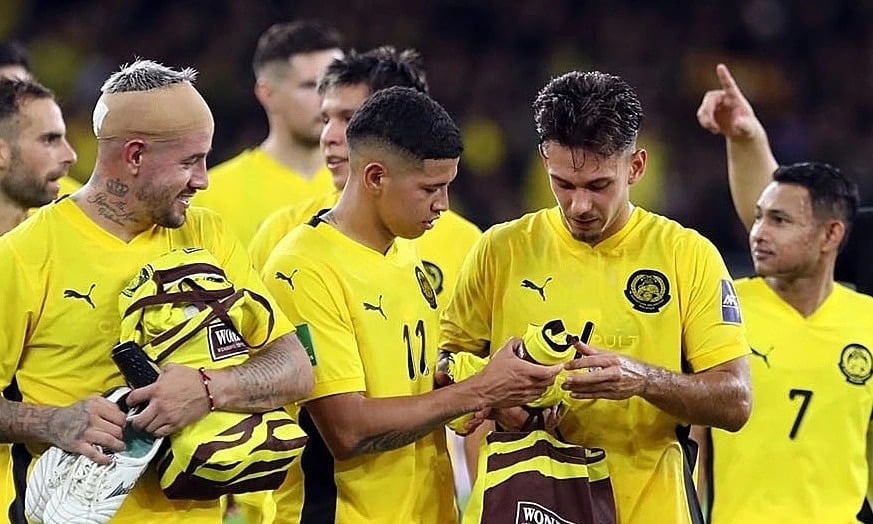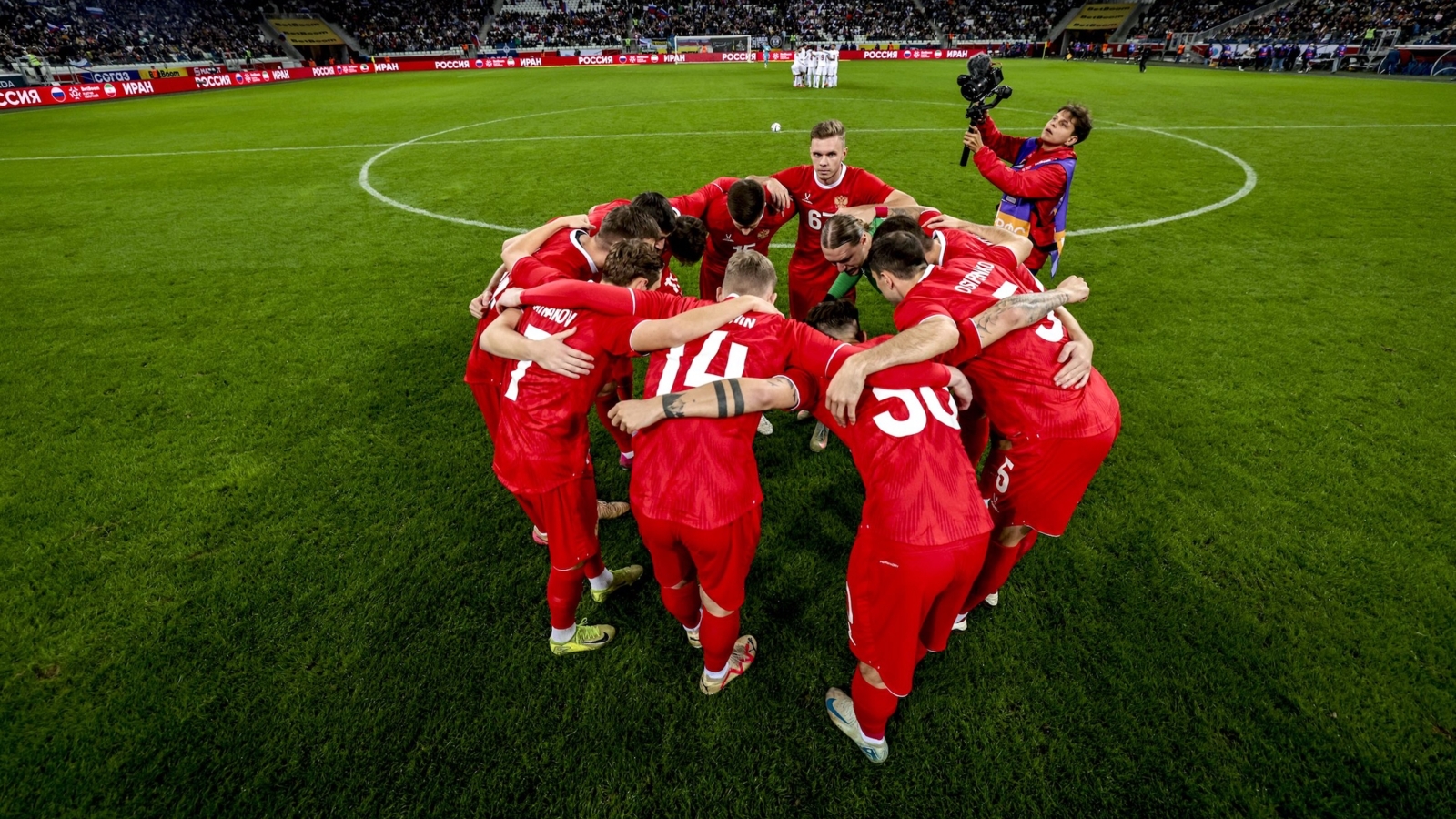The Football Association of Malaysia (FAM) faces an exceedingly challenging path in its appeal against stringent sanctions imposed by the International Federation of Association Football (FIFA). These penalties stem from allegations that FAM falsified documents for seven naturalized foreign players, a case that has drawn significant attention within the global football community.
According to seasoned sports lawyer Nik Erman Nik Roseli, the likelihood of a successful appeal is minimal. He suggests that the primary purpose of pursuing the appeal is largely symbolic: to safeguard the national reputation and preserve the integrity of FAM as an institution.
Nik Erman, a lawyer boasting over two decades of expertise in both sports and commercial law, elaborated on the intricacies of the case. He highlighted that FIFA’s central concern in Malaysia’s submission of documents for naturalized players revolves around the fundamental principle of independent responsibility. FIFA mandates that its member federations bear the sole obligation to meticulously verify the eligibility of players for national team representation.
Speaking to the New Straits Times, Nik Erman clarified that the legal crux of FAM’s predicament lies in the intent and knowledge of its officials when submitting these documents. He emphasized that whether the federation or the individual players were aware of the falsified nature of the documents is legally inconsequential, as the primary offense resides in the act of submitting the fraudulent paperwork itself.
In 2025, the Football Association of Malaysia reportedly registered seven additional naturalized players, drawing talent from Argentina, Brazil, Spain, and the Netherlands. FAM subsequently submitted documentation to FIFA, asserting that the grandparents of all seven individuals were born in Malaysia – a critical prerequisite for obtaining national team eligibility under FIFA statutes. However, a subsequent investigation by FIFA’s Disciplinary Committee (FDC) uncovered discrepancies, revealing that the players’ original birth certificates contradicted these claims, indicating their grandparents were not, in fact, born in Malaysia.
Nik Erman further clarified that the core of the dispute does not hinge on whether these players technically qualify for Malaysian citizenship under national law. Instead, the critical factor is FIFA’s finding that FAM knowingly presented fraudulent documents to the global football governing body. He explained, “Whether they are Malaysian nationals according to domestic law is not the issue. FIFA is not concerned with the Malaysian government’s conferral of citizenship. What matters is the players’ eligibility to represent Malaysia under the specific statutes and regulations set forth by FIFA.”
Nik Erman went on to outline FIFA’s stringent eligibility criteria for players seeking to represent a national team, which are distinct from a nation’s own naturalization laws. He explained that even if a country grants citizenship, FIFA mandates specific conditions: a player must either have a parent or grandparent who is a citizen of or was born in that country, or they must have resided continuously in the country for at least five years after their tenth birthday, or for three years prior to reaching the age of ten. These rules underscore FIFA’s emphasis on genuine ties to the nation being represented.
Despite the bleak outlook for a successful outcome, Nik Erman strongly advised FAM to proceed with the appeal process as a crucial step towards preserving the nation’s and the federation’s tarnished reputation. FAM’s deadline to submit its comprehensive appeal to FIFA’s Appeal Committee is October 14. Furthermore, the upcoming election for a new FAM president has been identified as a potential avenue to help rebuild the federation’s image, severely damaged by the controversy surrounding the seven naturalized players.
The sanctions levied by FIFA against FAM are substantial, totaling over $400,000 in fines for the national federation. In addition, the seven players involved have each been hit with a 12-month ban from all football-related activities and an individual fine of $2,500. The players implicated in this case are Gabriel Palmero and Jon Irazabal (originally from Spain); Facundo Garces, Rodrigo Holgado, and Imanol Machuca (from Argentina); Joao Figueiredo (from Brazil); and Hector Hevel (from the Netherlands).






